As a gangly 6ft “stick”, when outdoor instructor Will Hall was 13 years old, he made the ideal candidate for his new school’s rowing team.
After being popped into a boat, he swapped rugby for rowing and by the time he was 17 years old, he was rowing for Great Britain (GB).
This carried on at university at Oxford Brookes and for the next four years, Will’s life was taken up with his love for the sport, his team, and travelling to compete in European Rowing Championships.
At 24 and finished with his degree in animal biology and conservation, Will decided against taking it further and trying for the Olympics.
But his string of rowing successes looked to have put a spoke in the wheel of his career ambitions.
Around the time he started rowing, Will complained of a sore back and was diagnosed with early onset disc prolapse.
“I think it probably was brought on by the fact I had just started rowing and I’d grown really quickly,” he said.
“I had a sore back when I was younger, it didn’t cause me any grief. But it was then set on my medical record.”
This became a problem when he applied for the Marines aged 16.
Accepted into the Army after four attempts, but Burghead’s beauty changed Will’s mind
Rejected on medical grounds, Will tried again when he was 18 and was told the same story.
Trying out for the Army at 23 having just rowed for Great Britain at the World Championships, Will said he was “probably the fittest and healthiest” he had been. He was again refused.
However, he decided to give it one more shot when he was working as a school coach and cadet instructor three years later.
Each time he had been rejected, Will had written appeal letters with supporting ones from people such as the head coach of GB Rowing and his physiotherapist.
When again the refusal came, Will’s next appeal letter took a different tone.
He said: “I just wrote, ‘I don’t think you’ve read any of my previous appeals, please could you reconsider?’
“I didn’t really think anything of it. Then lo and behold, they did accept my appeals just as I had been offered this job in Scotland.”
By this point, Will was in the process of moving from Winchester to Burghead to teach outdoor education with the charity Wild Things.
Upon experiencing the Northern Lights and local wildlife, the outdoor instructor said: “It was my idea of heaven.”
Eventually settling in Nairn with his partner Alice, Will realised he did not want to leave and decided to switch to a reservist role instead.
“And that’s how I got here,” the 2nd Lieutenant with the C Company Detachment 7 Scots laughed.
“It’s a bit of a weird, wiggly route.”
Being a reservist can help your career
Still working freelance for the Moray charity Wild Things, Will also runs his own bushcraft and natural navigation courses, is a wildlife guide, expedition leader and also does photography and filming with hopes of doing presenting work in the future.
While the outdoors has always been a great passion, the Army has always appealed for the same reasons rowing struck a chord – working hard alongside like-minded people with a shared goal.
With the 7 SCOTS (The Royal Regiment of Scotland) since November last year, the 30-year-old dedicates time to training and managing a small group of reservists in Elgin.
The group of volunteer civilians gather to train on Tuesday evenings and one weekend a month, covering areas like fitness tests and weapons handling.
While the goal of the Army is to develop fighting power, Will said that as a reservist, there are a lot of opportunities that can also spur on your career.
He said: “There are courses and opportunities for literally anyone in the civilian capacity. Whether you’re a chef, guitarist, or you want to be a mountaineer or dive instructor, you can do that as a reservist.
“You can explore and you can push your civilian career.
“And as a reservist, you can bring something to the Army that the Army can’t offer, which is life experience and knowledge in your area of expertise.”
‘We’re in a pre-war era’
Another part of the role is the Annual Deployment Exercise.
In June, Will, along with up to 1,000 troops, headed out to Germany for two weeks in the largest deployment of British reservists since the Cold War.
With the Army investing £50 billion into the armed forces in the UK this year, it seems recent worldwide events are being watched closely.
When asked about the importance of the role of reservists in light of this, Will added: “I think we’re in a pre-war era now.
“From my perspective, I think it is a no-brainer to be paid to go and do the stuff that you enjoy.
“And if we’re in a pre-war era and it’s likely that we’re going to go to war at some point in the next five to 10 years, why the hell wouldn’t you want to be trained up to the highest ability?”
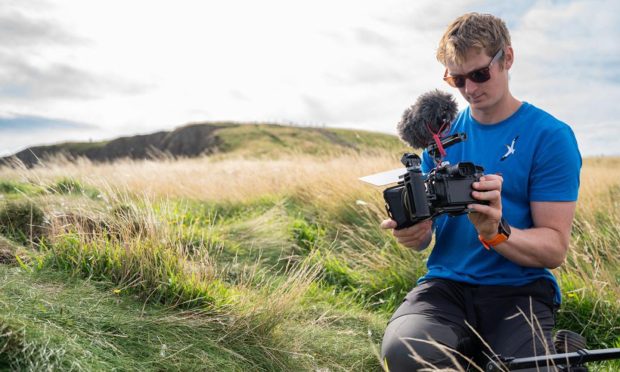
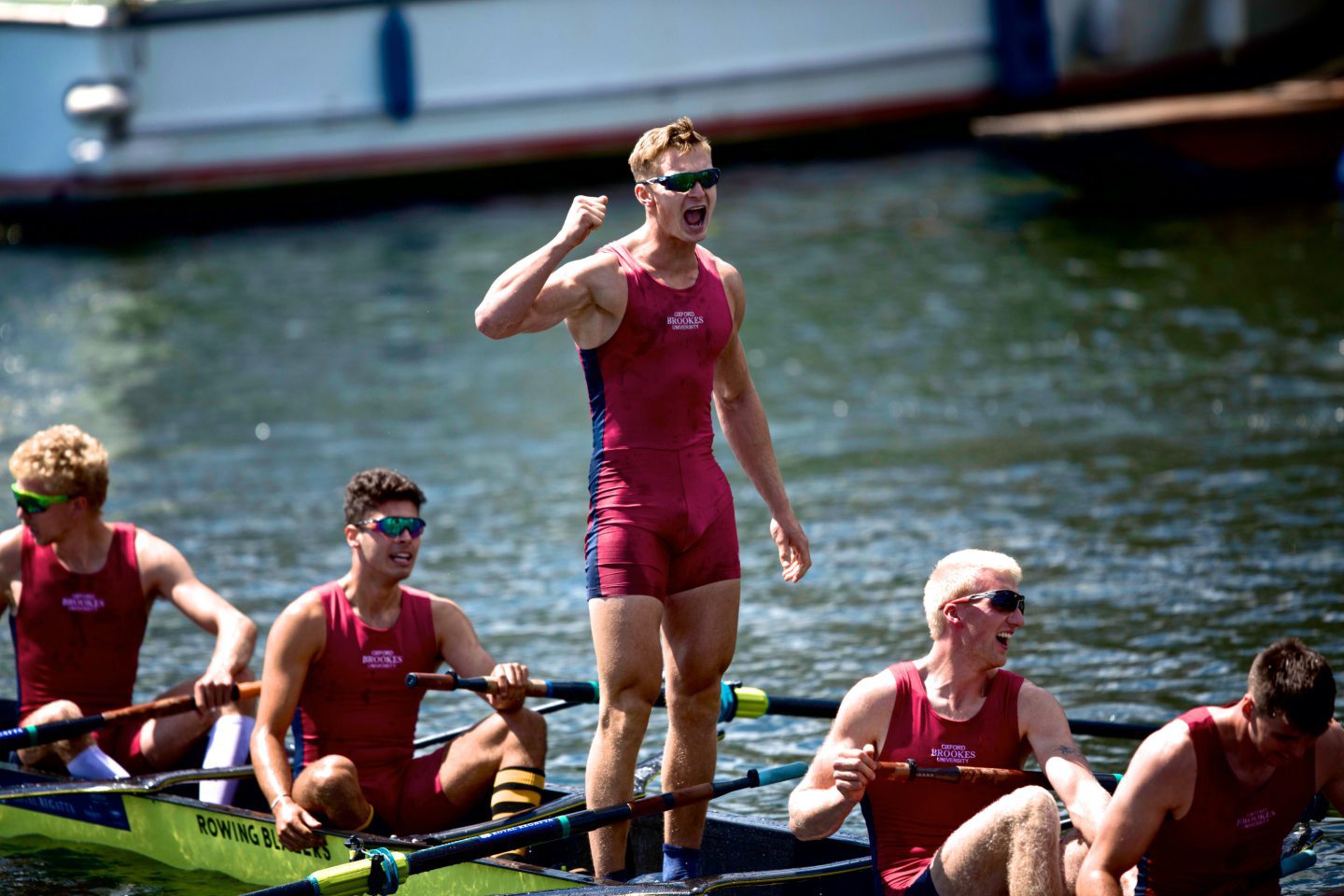
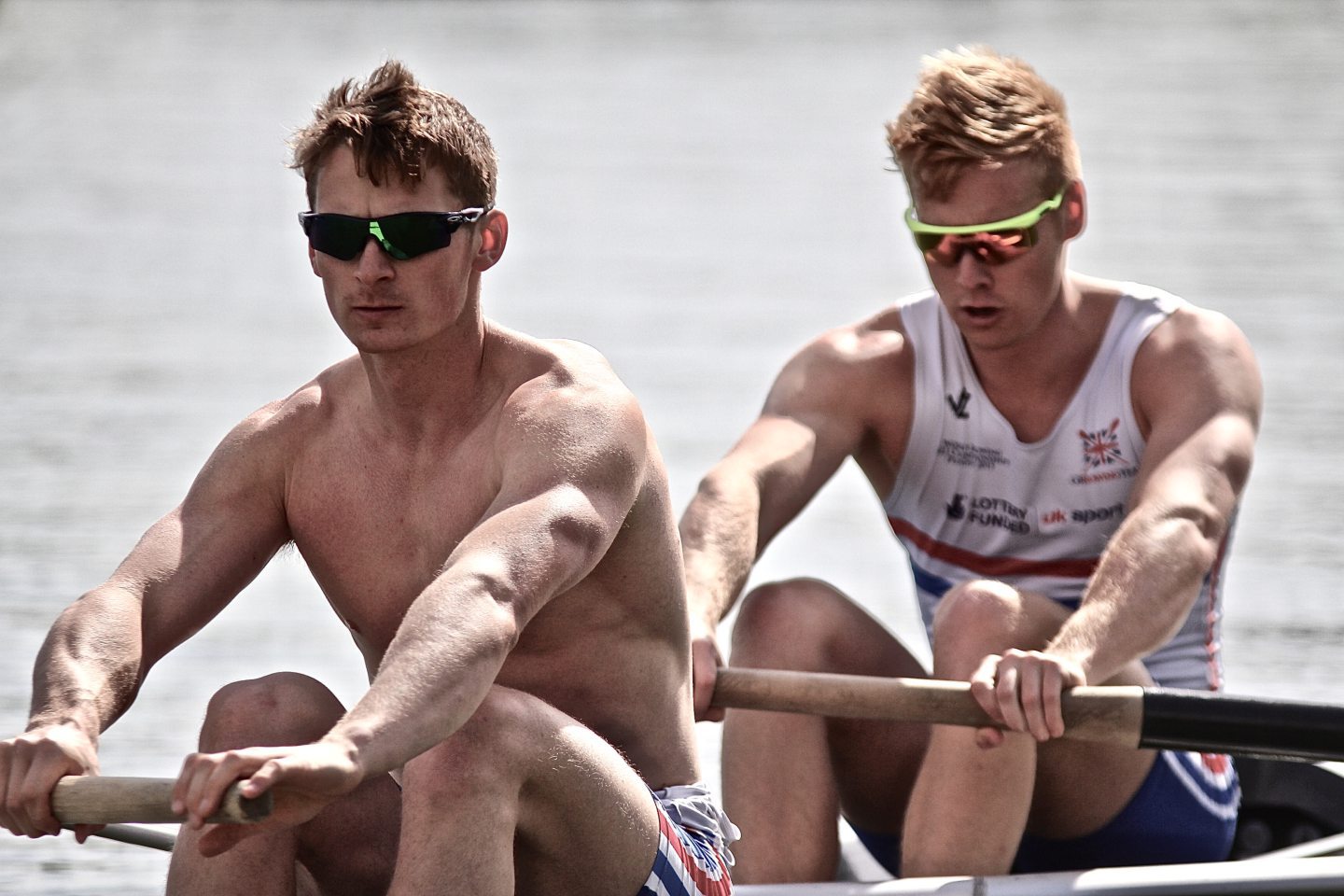
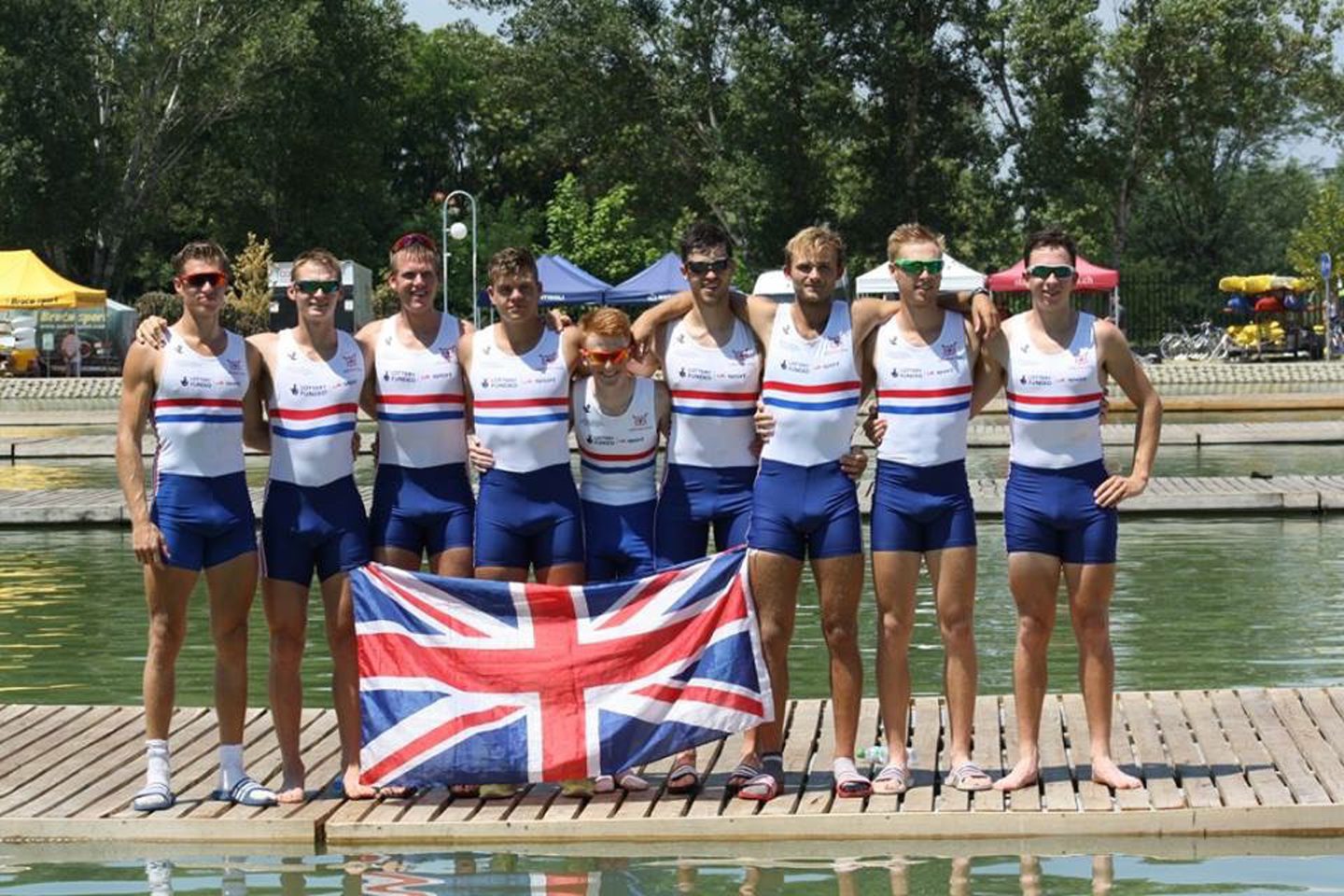

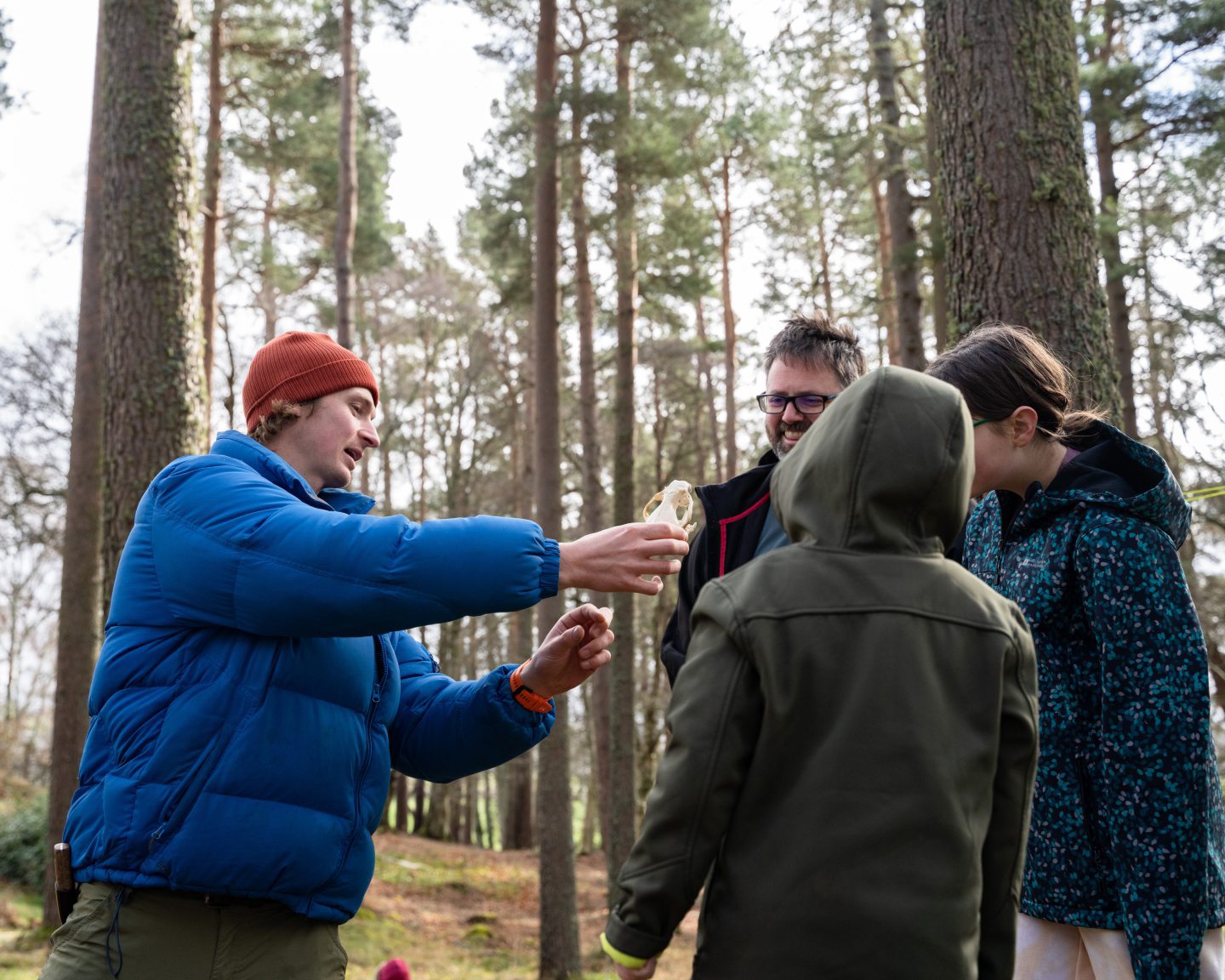
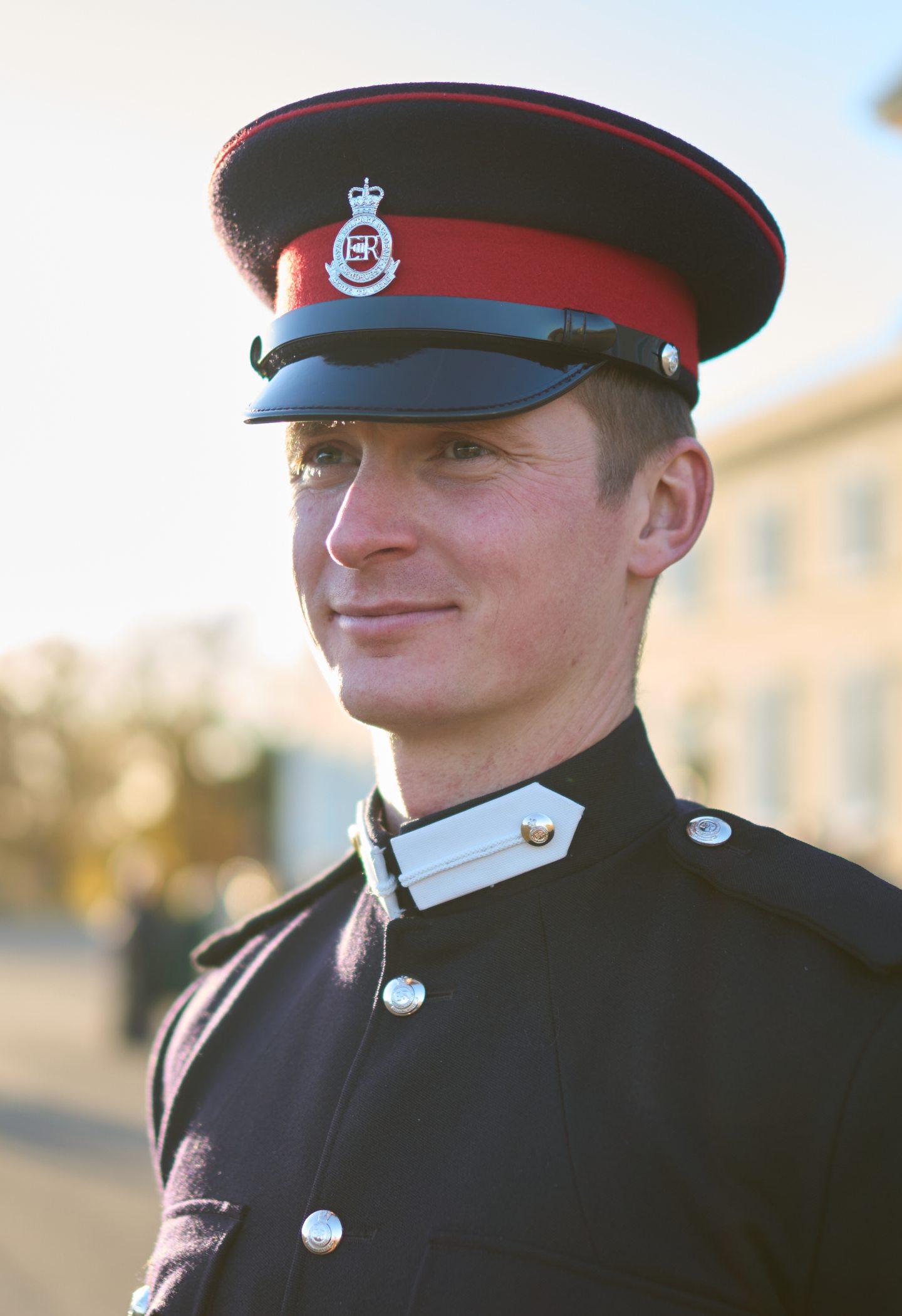
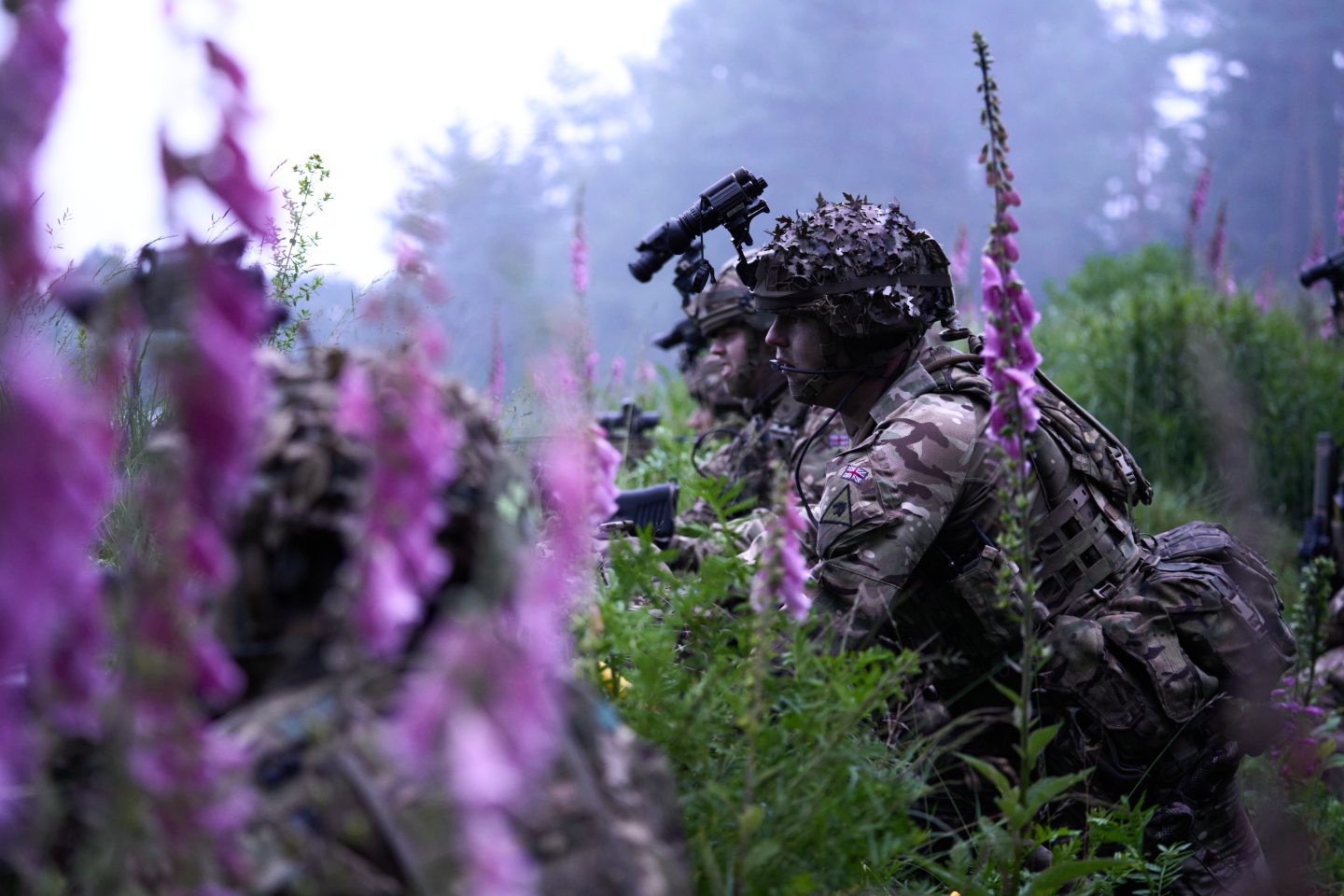
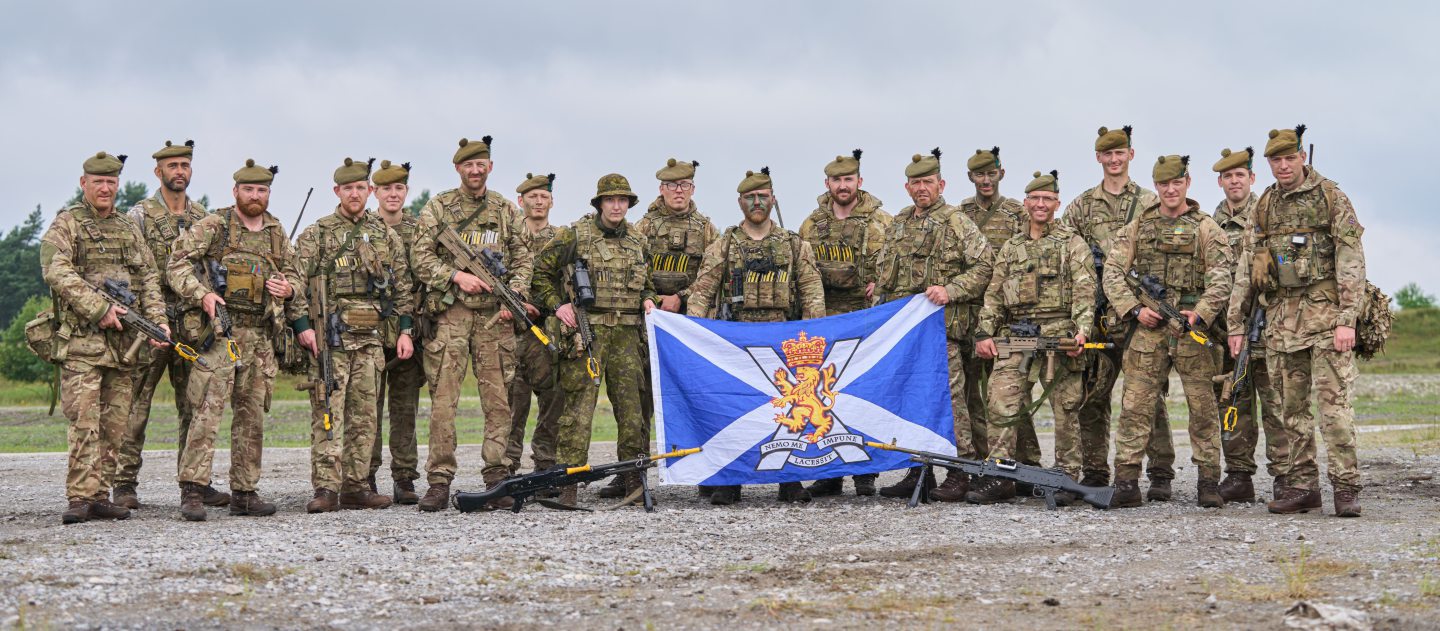
Conversation